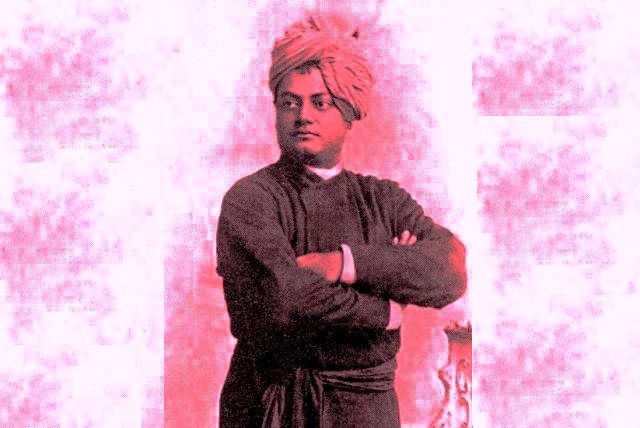
Shrinking Space For Public Libraries
Globally renowned journalist and author Nayan Chanda who broke the story of the fall of Saigon to the North Vietnamese army on April 30, 1975 for Reuters was lucky to find Ashoka University in Delhi accepting his rich collection of books built over a few decades in the US. But his equally illustrious wife Geetanjali Singh Chanda (granddaughter of Sir Sobha Singh) is still to find a library in Delhi willing to take the family book collection. (Incidentally, both Geeta and Nayan are faculty members of Ashoka University.) As will be the case, the country, except for Kerala, which boasts of highest literacy rate among all states is seeing public libraries falling on bad times, leading to service downsizing and closure over the past many years
Shrinking of libraries across the country is because of acutely poor footfalls and lack of patronisation by the government and well to do people in concerned localities. Unfortunately, Indian companies have not thought of using a portion of CSR (corporate social responsibility) funds to support libraries as part of spreading education.
A couple of years ago I was in Kochi working on commodities from spices to coir to tea. Almost opposite to the hotel I was staying, there is a library which springs to life in the late afternoon when mostly women, many accompanied by school going children will troop in there with books in hand to return. They will leave with another set of books. Being from Kolkata where libraries have seen good times far in the past, curiosity took me to the well cared library on the first floor of the building where the women managing affairs confirmed there were no signs of reading enthusiasm ebbing among local residents. If anything, the library membership was growing, specially with enrolment of students.
ALSO READ: Kolkata Trams Chug Away Into History…
In contrast, the only surviving public library in north Kolkata area where I live is in a sorry state physically with membership thinning out rapidly. Those who have remained members are in the age group of 60 and more. The library room is in disrepair. The row of books is rarely dusted. The two lady librarians doing the job as an act of kindness will complain there will be days with no visitors at all. Facing acute financial crunch, the library has not been able to buy any new books for some years. The long-time practice of keeping some Bengali and English newspapers has been dispensed with for lack of funds. It is only a matter of time before the inevitable happens to the century old library – Sruhid Sangha – once patronised by some eminent authors and editors.
The feedback I have received from friends and relatives living in Kolkata and some West Bengal districts says the same story of growing disconnect between the surviving libraries and local communities. West Bengal has an estimated population of 10.20 crore, making it the country’s fourth most populous state where you have only 5,251 public libraries, including a few government libraries and mostly-aided and private libraries.
A library extends welcome to everyone, irrespective of age and education. But with computer, kindle and internet being available, the compulsion to visit a library for books and reference material is much reduced. This then underpins the importance of the government equipping libraries with computers with free internet access to readers. CSR funds and funds made available to MPs and MLAs for development work in their constituencies may also be used to infuse life in libraries.
As the majority of libraries in the country are facing existential crisis, it may be recalled library movement began in Calcutta (nobody thought of Kolkata then) almost at the end of the seventeenth century, thanks to pioneering work by Christian missionaries. They took the initiative to launch a mobile library in 1709, the first of its kind in India. Hicky’s Bengal Gazette and some other publications carried advertisements of such mobile libraries seeking paid membership. A new chapter in evolution of library culture was opened when Asiatic Society in Calcutta was founded in January 1784 with a library. Though a British colony, the evolution of library culture in Calcutta was keeping pace with London. Imperial Library, which post-Independence became National Library, resulted from a series of coming together of a number of libraries.



